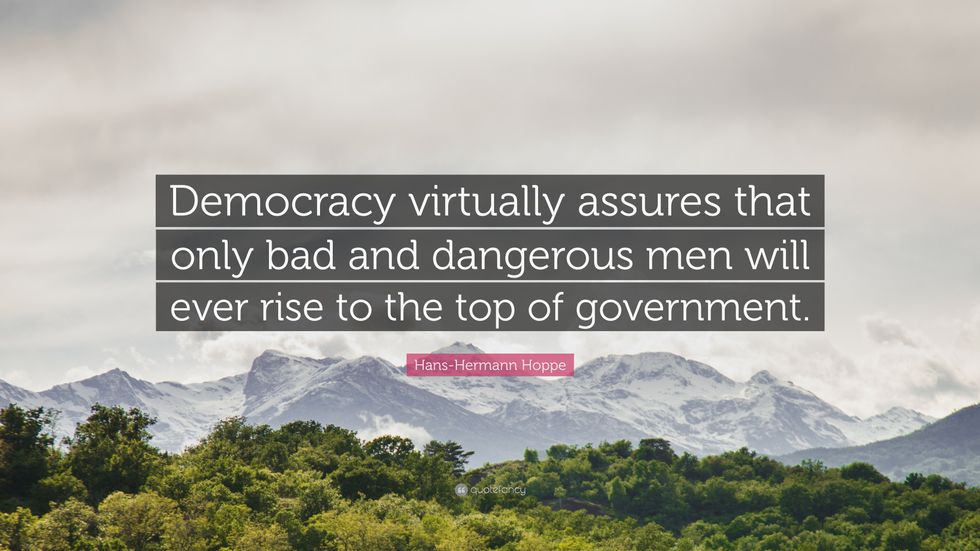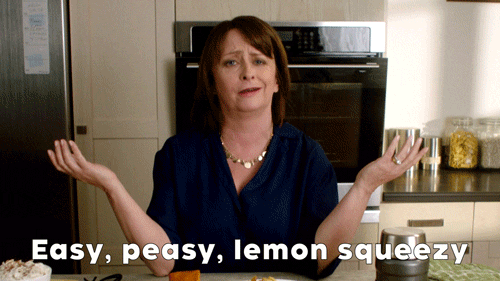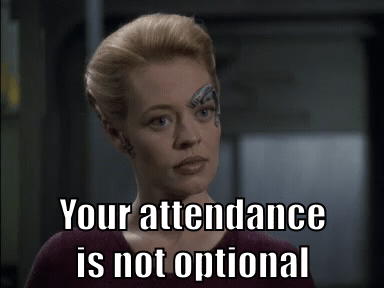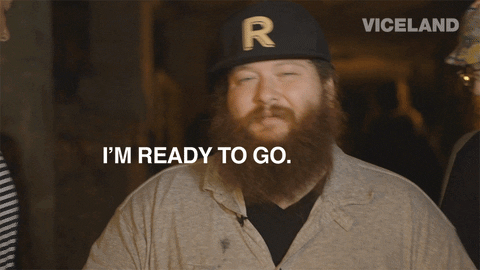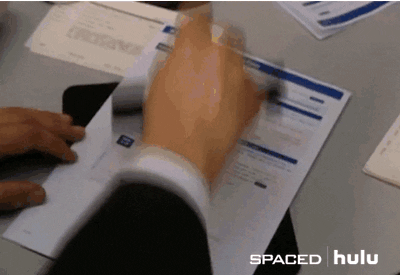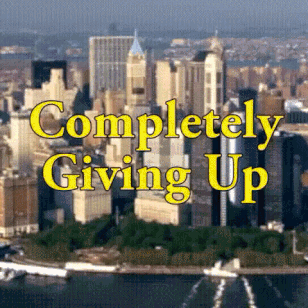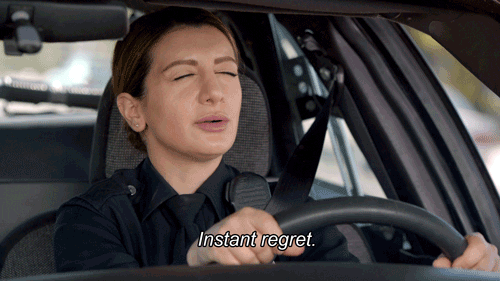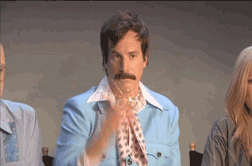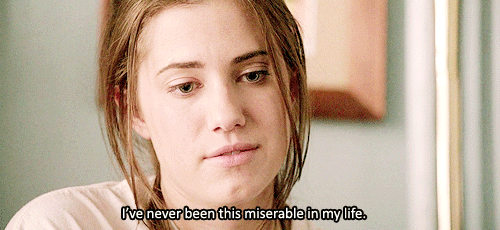Hello Bronco Nation and the greater beyond! Whether you're a Boise local or you are invested in the National discussion about healthcare, you are vested in seeing Americans have better, thriving healthcare. When we think of healthcare, we often think of health insurance immediately and feel a slump in your throat. Who has the money for this?? So a lot of Americans feel like they are in between a rock and a hard place.
What's the rock and the hard place? Well first is that we all have needs that need to be met according to Maslow's hierarchy of need. So we know that people looking to secure their healthcare might be quick to linger on the words of any bureaucrat promising them a better, more inclusive policy.
From the likes of Democratic Socialists such as Senator Bernie Sanders, to the likes of limited government individuals, such as Rand Paul, we see that many are talking about Healthcare and the way they believe it would prosper most. The real question is: what do you know about the healthcare market and what policies do you support?
According to Jocelyn Kiley with Pew Research, Americans are becoming more incline to support a Single Payer Healthcare system. The Data also shows a strong push amongst young persons considered conservative to abolish Government from Healthcare. Currently 60% of Americans say we should be covered via the government and many would like to see the remainder of private insurance disappear entirely. So what is it and what are the numbers behind it?
Democratic Socialists for America supports Medicare for All:
A Single Health Program
Everyone will be covered by one health insurance program administered by the federal government. Equal access equals access to all health resources!
Comprehensive Coverage
All services requiring a medical professional will be fully covered. You go to the doctor of your choice (ie. Dental, vision, mental health, and pharmaceuticals)
Free at the point of service
All healthcare costs will be financed through tax contributions: no copays, no fees, no deductibles and no premiums. Ever.
Universal Coverage
Coverage for all United States residents — non-citizens included.
Jobs
A jobs initiative and severance for those affected by the transition to government-run healthcare.
Wow. Sounds like a utopia? It really gets your heart feeling warm to imagine a world where the costs of healthcare are affordable and free. But is there truly such a thing as a free lunch? What does it truly cost?
In a podcast by the author of the CATO Institute study, Charles Blahous, with hosts Michael F. Cannon and Caleb O. Brown, they discuss the study and how healthcare payouts becoming healthcare firms would be cut immediately by 40%. This policy may close down further more facilities that minority groups depend on for care and emergency services.
"One of the great mistakes is to judge policies and programs by their intentions rather than their results."
― Milton Friedman
Tthe Ron Paul Liberty Revolution began during his 2010 presidential campaign! This man poupularized sayings such as "Taxation is Theft" and most famously, "End the Fed." Ron brought about an anti-establishment attitude fresh with the air of Austrian economics and infinity for the Gold Standard. This was known as the beginning of the R(love)ution.
Austrian Economists hold another view of how to fix the market. One of my favorite economists, Hans-Hermann Hoppe, has a Four-Step Healthcare Solution.
1. Eliminate all licensing requirements for medical schools, hospitals, pharmacies, and medical doctors and other health-care personnel. This supplies a greater variety of health-care services would appear on the market.
Competing voluntary accreditation agencies would take the place of compulsory government licensing — if health-care providers believe that such accreditation would enhance their own reputation, and that their consumers care about reputation, and are willing to pay for it. This would increase search costs.
2. Eliminate all government restrictions on the production and sale of pharmaceutical products and medical devices: no more Food and Drug Administration, which presently hinders innovation and increases costs.
Costs and prices would fall, and a wider variety of better products would reach the market sooner. The market would force consumers to act in accordance with their own, rather than the government's risk assessment. This would provide increasingly better product descriptions and guarantees.
3. Deregulate the health-insurance industry. Private enterprise can offer insurance against events over whose outcome the insured possesses no control. One cannot insure oneself against suicide or bankruptcy, for example, because it is in one's own hands to bring these events about.
Because a person's health, or lack of it, lies increasingly within his own control, many, if not most health risks, are actually uninsurable. 'Insurance' against risks whose likelihood an individual can systematically influence falls within that person's own responsibility.
To deregulate the industry means to restore it to unrestricted freedom of contract: to allow a health insurer to offer any contract whatsoever, to include or exclude any risk, and to discriminate among any groups of individuals. On average, prices would drastically fall. And the reform would restore individual responsibility in health care.
4. Eliminate all subsidies to the sick or unhealthy. Subsidies create more of whatever is being subsidized. Subsidies for the ill and diseased promote carelessness, indigence, and dependency. Removing subsidies would strengthen the will to live healthy lives and to work for a living (I.e. abolishing Medicare and Medicaid).
Stay tuned! I will be discussing specific issues and the economics behind them! Check out Learn Liberty if you want a good mix of both right now.






